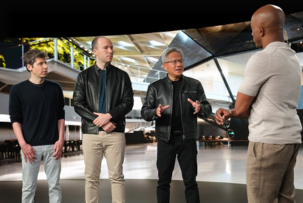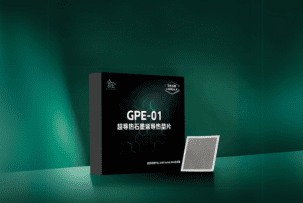Revolution in AI Computing: Extropic Harnesses Physical Noise to Cut Costs
13:42, 30.10.2025
Extropic, founded by Guillaume Verdon, a former quantum researcher at Google, has unveiled the first working board featuring its unique “thermodynamic” chip. This technology is designed to accelerate and reduce the cost of computing. Verdon insists that for AI to continue evolving, its energy consumption must be drastically reduced.
A New Take on Electronic “Noise”
The key innovation lies in using physical phenomena. In conventional electronics, there is always “noise”, minor fluctuations of electrons and temperature variations. Traditionally, engineers try to suppress this noise, but Extropic proposes to use it as free “fuel” for computation. Since AI tasks often require sampling random values, leveraging natural noise turns out to be far cheaper and faster than emulating randomness in software on expensive GPUs.
Cost-Saving Potential and Chip Focus
The company claims this architectural breakthrough provides an orders-of-magnitude improvement, potentially making entire classes of AI workloads thousands of times cheaper. The chip primarily targets the most energy-intensive algorithms, such as diffusion models, Bayesian methods, and scientific simulators. Extropic suggests offloading this least efficient part of the computing pipeline to its specialized chip while leaving the rest to the standard digital stack.
Although the presented board is still an early demonstrator (requiring software integration and ML framework support), it showcases the enormous potential of Extropic’s architecture.


